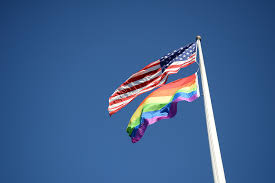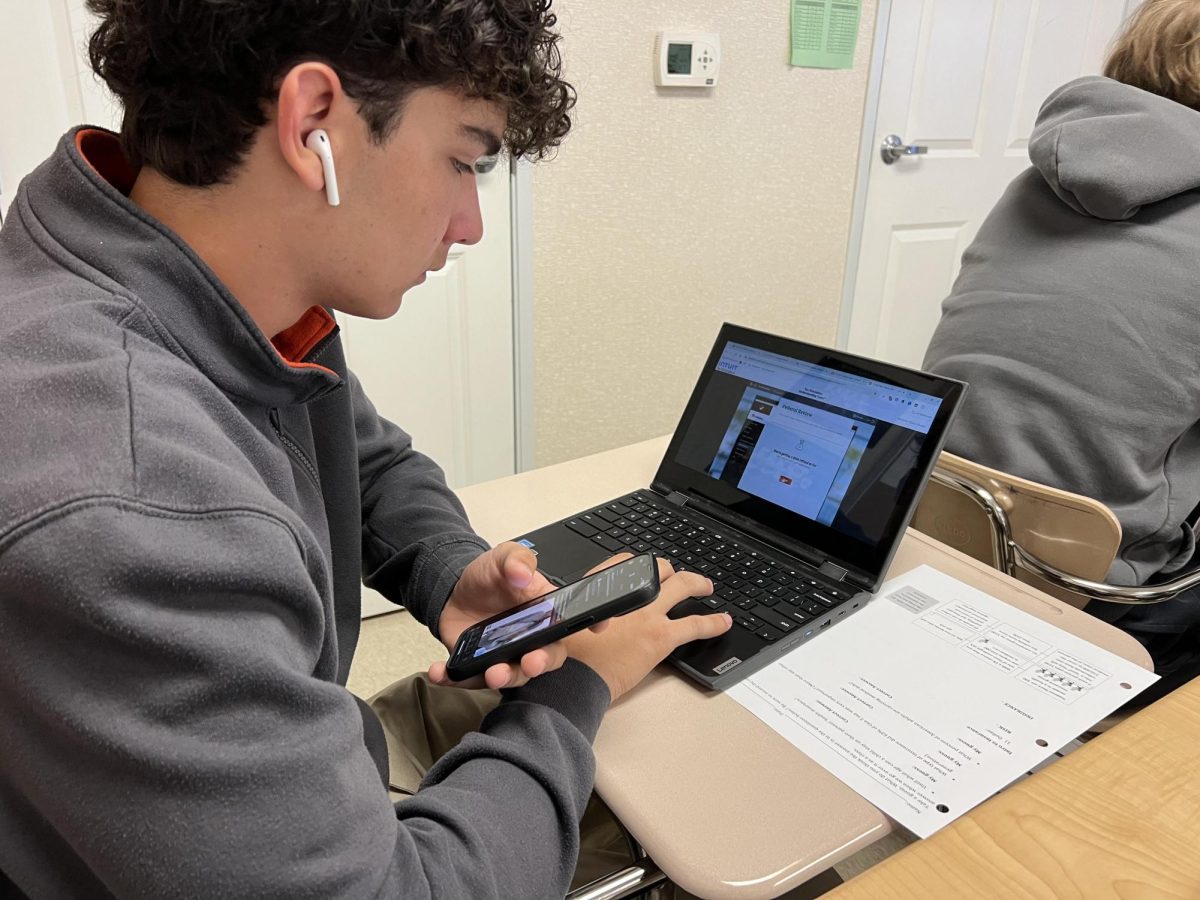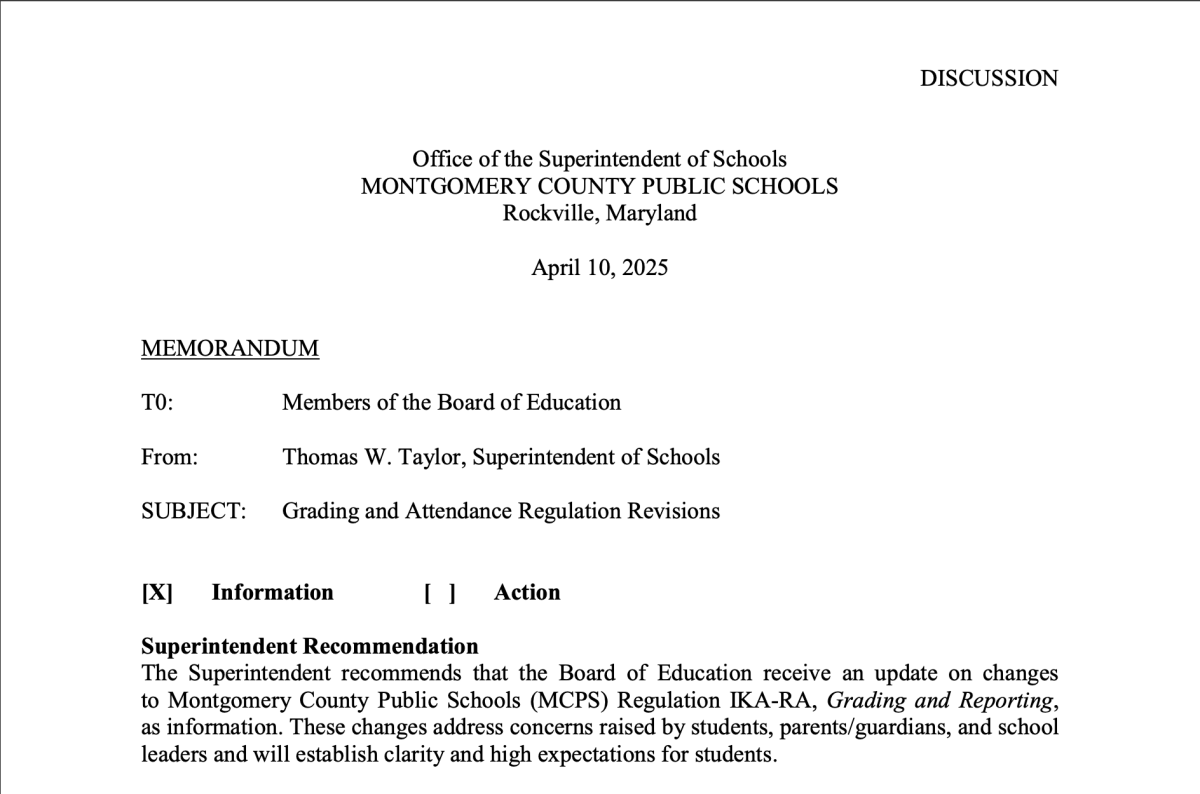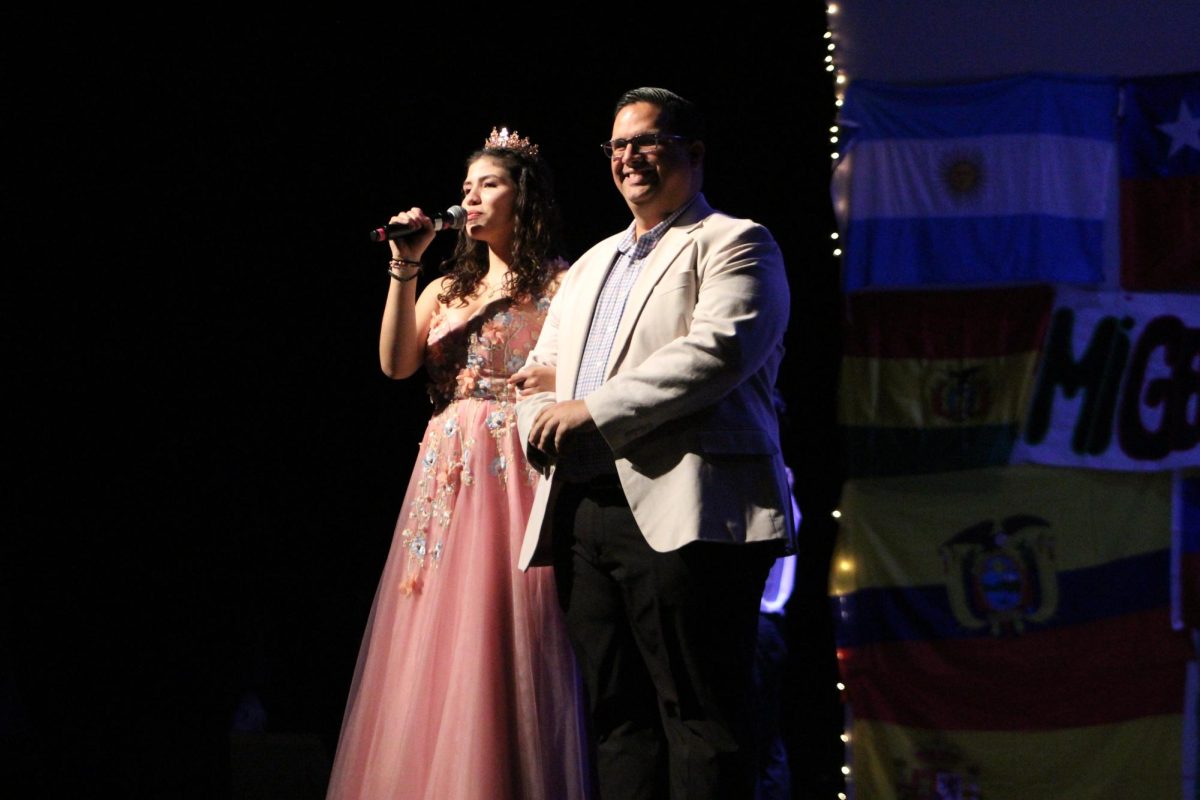If you, like myself, are one of the the many LGBTQ+ students here at WJ, there’s next to no doubt you have heard of the infamous ‘Don’t Say Gay’ bill. Just recently, it has been signed into law.
It was on March 28, 2022, that the Parental Rights in Education bill was passed by Florida Governor Robert DeSantis. It was passed in spite of constant pushback from Democrats and activists in support of the LGBT community.
The law, which has received widespread praise among conservatives, is perceived among some as legislation that promotes the freedom of parents’ say in how their children are raised. On the other hand any rational individual knows this idea comes at a greater expense to an already marginalized group and is wrong.
The bill essentially limits Florida’s teachers from teaching lessons on sexual orientation to k-3 graders in the classroom. And so this restriction only allows sexual orientation to be discussed to older grades under the circumstance that the students are “age-appropriate and developmentally appropriate.” This pretty much leaves a child’s education regarding the topic completely in the hands of parents.
For a lot of LGBT people, acceptance and equal treatment in most places is difficult because of a lack of understanding of who they are. Especially for transgender people, many fail to understand and therefore accept LGBT members for who they are: people like you and me.
By restricting a school’s ability to even bring these topics up for years, giving parents the sole duty of completely educating their children on such a topic can result to a number of misconceptions and hurtful ideas about lesbians, gays, bisexuals and transgender. Unlike school curriculums, lots of adults exhibit bias in what they think and say. Under this bill, what would stop parents from imputing any of these potentially dangerous biases onto their children?
This ability to subject the youth to misleading and harmful information isn’t the only problem presented by the bill. It raises a constitutional question as well. Contrary to what conservatives in support of it may think, the bill could legally be challenged in court for suppression of one’s first amendment rights. One famous court case, Tinker v. Des Moines Independent Community School District, made the ruling in 1969 that suppressing any student exercising their freedom of speech peacefully is unconstitutional.
With that in mind, an attempt to limit all words spoken by not only teachers, but students as well regarding LGBT affairs could not possibly hold up in court. Short of the moral question it raises, there’s not even a legal basis for it. Despite all of this, however, this and a plethora of other legislation similar to it are still being pushed. Across 9 other states, there’s currently 15 bills with goals akin to the Florida bill. Tennessee, for example is pushing for a bill that would prohibit mentioning “gay, bi-sexual, or transgender issues or lifestyles” in any manner.
Still, there are those who consider these measures just and commendable. They may argue that learning about LGBT issues and identities is harmful to kids and somehow influences them poorly. But these fears are rooted in homophobia and nothing more. In nearly any scenario imaginable, it is never bad to be educated by a school about things you may not know, especially by comparison to adults who may be uneducated.
Ultimately, this “Don’t say gay” bill has no justification. The bill helps nobody nor achieves anything. It is, to the majority of responsible and competent people, just another swing at building homophobia. In the same regards with racism, sexism, and other immoral concepts, we should recognize the Florida Bill for what it is: Wrong.






















